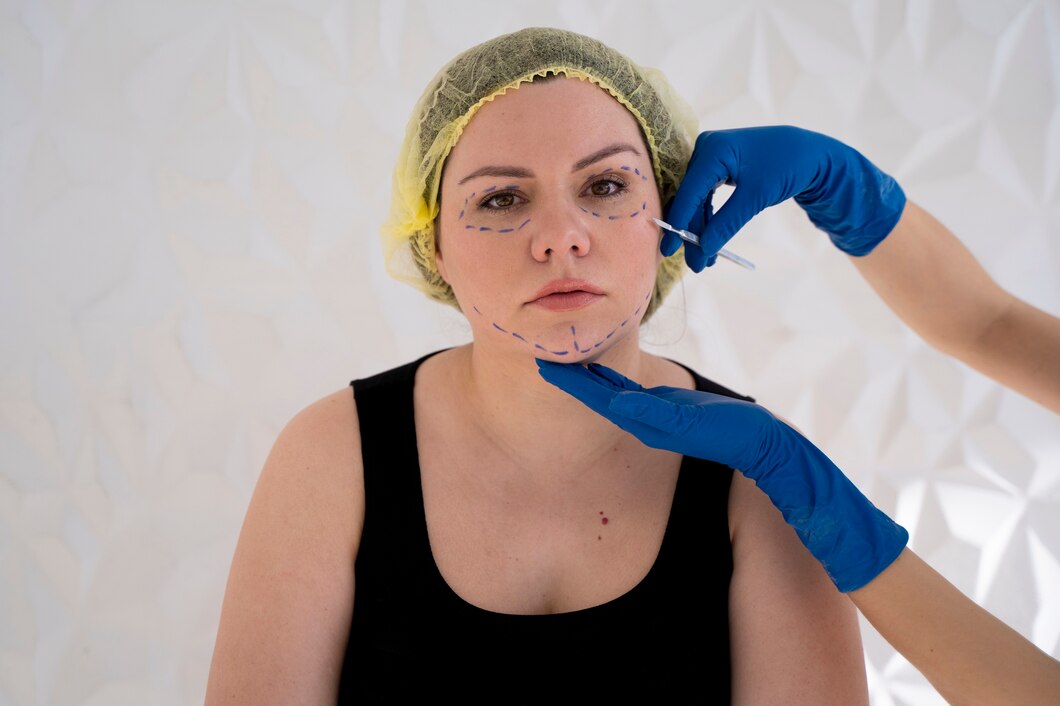Cosmetic surgery has become increasingly popular among women worldwide, including South Africa. As more women consider surgical enhancements, an important ethical debate has emerged surrounding cosmetic procedures. Here are 15 things South African women should know about this complex issue and the moral questions it raises.
- Understanding Cosmetic Surgery: Cosmetic surgery is a medical procedure aimed at enhancing a person’s appearance through surgical interventions. Common procedures include breast augmentation, liposuction, and rhinoplasty.
- The Pressure to Conform: Social media and beauty standards often exert immense pressure on women to conform to specific ideals. This can lead to increased interest in cosmetic surgery as a means to achieve these standards.
- Informed Consent: Ethical cosmetic surgery should prioritize informed consent, meaning patients must be fully aware of the risks, benefits, and potential outcomes of the procedures they are considering.
- The Role of Mental Health: It’s crucial to address underlying mental health issues that may lead someone to seek cosmetic surgery. Body dysmorphic disorder and low self-esteem can distort one’s perception of their appearance.
- Cultural Considerations: Different cultures have varying views on beauty and cosmetic surgery. In South Africa, these views may be influenced by diverse cultural backgrounds, which can shape individual decisions about surgery.
- Regulation and Standards: The South African Health Products Regulatory Authority (SAHPRA) oversees medical practices, but regulations can vary. Ensuring that practitioners are qualified and follow ethical guidelines is essential for patient safety.
- Realistic Expectations: Ethical practitioners should help patients set realistic expectations for cosmetic surgery outcomes. Misaligned expectations can lead to dissatisfaction and further emotional distress.
- The Impact on Self-Image: Cosmetic surgery can enhance self-esteem and body image for some, but it can also lead to negative outcomes if the underlying issues are not addressed. Women should consider the psychological implications of their decisions.
- Celebrity Influence: The portrayal of cosmetic surgery in the media, particularly among celebrities, can glamorize these procedures. South African women should critically assess these representations and their impact on societal beauty standards.
- Medical Risks and Complications: All surgeries carry risks, including infection, scarring, and anesthesia complications. Women should weigh these risks against the potential benefits and discuss them with their surgeon.
- Alternative Options: Non-surgical alternatives, such as fillers, Botox, and skin treatments, are available and may provide desired results with fewer risks. Women should explore all options before committing to surgery.
- Body Autonomy: Women have the right to make decisions about their bodies, including the choice to undergo cosmetic surgery. However, this autonomy should be balanced with ethical considerations and societal pressures.
- Financial Implications: Cosmetic procedures can be expensive, and many women may face financial strain to afford them. It’s important to consider the financial commitment and potential long-term implications of these decisions.
- The Line Between Enhancement and Harm: The ethical debate often revolves around where to draw the line between enhancement and harm. Women should engage in discussions about the implications of cosmetic surgery on self-acceptance and body image.
- Open Dialogue: Encouraging open discussions about cosmetic surgery, its motivations, and its ethical implications can empower women to make informed decisions. Community conversations can help dispel myths and promote understanding.
The ethical debate surrounding cosmetic surgery is complex and multifaceted. As South African women navigate their choices regarding body enhancement, it is essential to consider these 15 factors. By understanding the implications of cosmetic surgery, women can make informed decisions that prioritize their well-being, self-esteem, and ethical considerations. Ultimately, fostering an environment of support and dialogue can help women navigate this personal journey with confidence and clarity.








